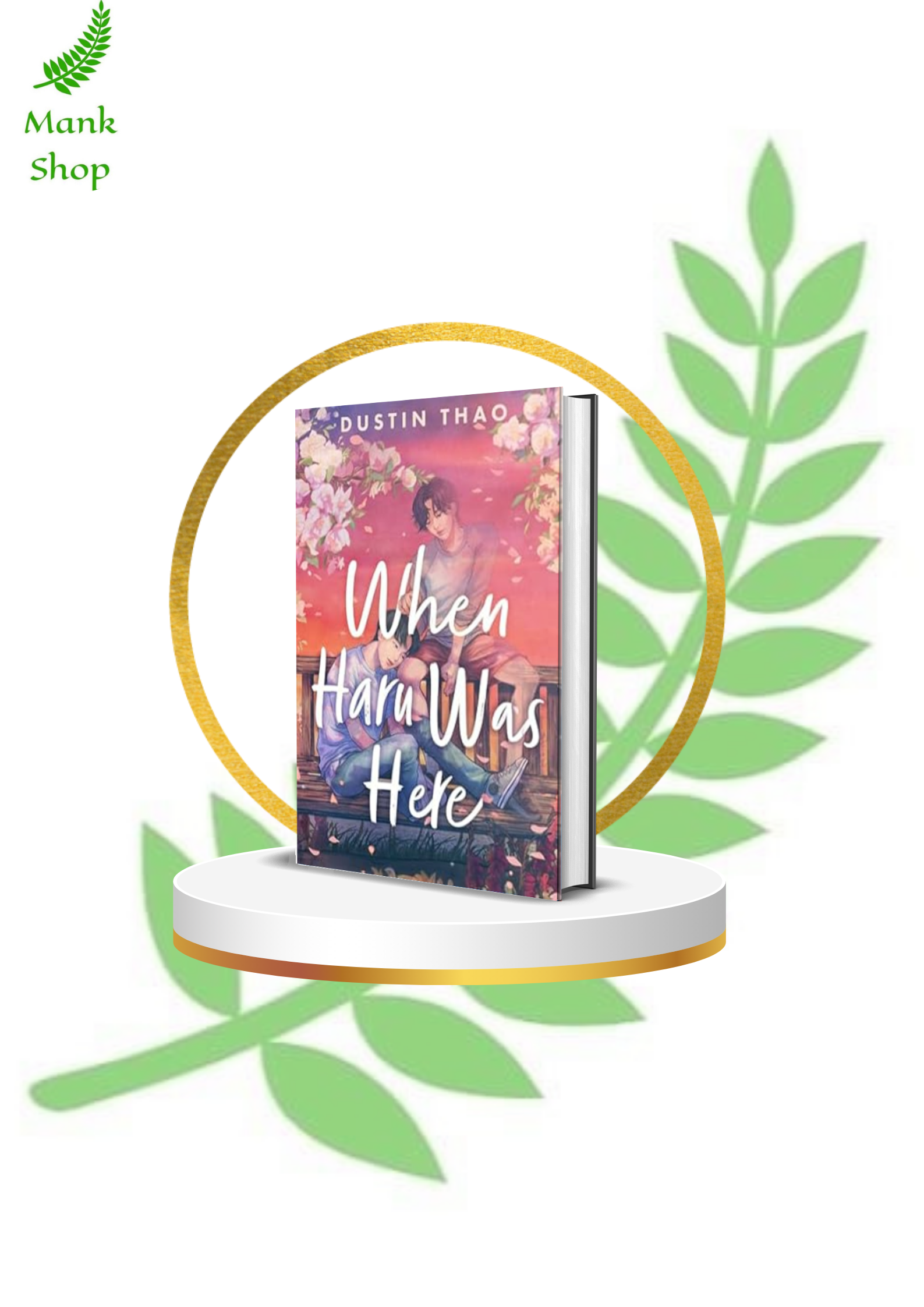
Dustin Thao’s “When Haru Was Here” is a touching young adult novel that delves into the depths of grief, love, and the journey of healing. Known for his emotionally charged storytelling, Thao takes readers on a heartfelt journey through the eyes of the protagonist, exploring how the past lingers and shapes the present. This review will explore the plot, characters, themes, and reasons why “When Haru Was Here” is a must-read for fans of YA fiction and anyone who has experienced loss.
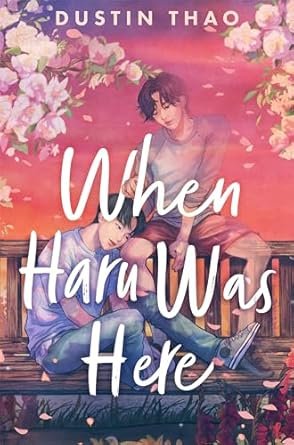
When Haru Was Here
by Dustin Thao
“When Haru Was Here” follows the emotional journey of a young protagonist coping with the sudden loss of their beloved sibling, Haru. Set in a close-knit community, the story explores themes of grief, family, and the enduring power of memories. Through a mix of past and present narratives, the protagonist reflects on the moments that defined their bond with Haru, seeking solace in shared memories while struggling to find closure. Dustin Thao beautifully captures the pain of loss and the bittersweet process of moving forward, making it a heartfelt read for anyone who has experienced the complexities of saying goodbye.
When Haru Was Here Paperback – 5 September 2024 by Dustin Thao (Author)
“When Haru Was Here” follows the emotional journey of a young protagonist coping with the sudden loss of their beloved sibling, Haru. Set in a close-knit community, the story explores themes of grief, family, and the enduring power of memories. Through a mix of past and present narratives, the protagonist reflects on the moments that defined their bond with Haru, seeking solace in shared memories while struggling to find closure. Dustin Thao beautifully captures the pain of loss and the bittersweet process of moving forward, making it a heartfelt read for anyone who has experienced the complexities of saying goodbye.
Download Pdf : LINK
Summary of When Haru Was Here
“When Haru Was Here” centers around the life of Haru, who was the heart and soul of their family and friends. The story unfolds after Haru’s sudden death, which leaves everyone grappling with the void she left behind. The novel’s protagonist, Haru’s sibling, struggles to cope with the immense loss, reflecting on memories and shared moments that continue to haunt their everyday life. As they navigate their grief, they uncover hidden aspects of Haru’s life that reveal how deeply she cared for those around her, even when they didn’t realize it.
Character Analysis
- Haru – Though Haru is absent in the present timeline of the story, her presence is felt throughout the novel. She is remembered as a bright, caring, and sometimes misunderstood individual whose actions impacted everyone deeply. Haru’s character serves as a catalyst for the protagonist’s journey of understanding, showing that the ones we love never truly leave us.
- Protagonist (Haru’s Sibling) – The protagonist’s narrative is a raw depiction of what it means to lose someone close. Their internal struggles with guilt, sorrow, and the fear of moving on are relatable and heart-wrenching. As they piece together Haru’s story, they learn valuable lessons about family, forgiveness, and the importance of cherishing the moments they still have.
- Supporting Characters – The supporting characters, including Haru’s parents and friends, each offer different perspectives on dealing with loss. From Haru’s best friend who feels abandoned, to her parents who are caught in the web of their own grief, these characters help paint a complete picture of Haru’s impact and the ripples of her absence.
Themes in When Haru Was Here
- Grief and Healing – A central theme in “When Haru Was Here” is the multifaceted nature of grief. Thao explores the raw and often isolating experience of losing a loved one, showing that the path to healing is neither straightforward nor uniform. The novel emphasizes that it’s okay to grieve differently and that finding peace takes time.
- Family and Connection – The novel also delves into the complexities of family dynamics, especially under the strain of loss. Haru’s family is depicted as struggling to communicate their feelings, highlighting how loss can both fracture and bring together familial bonds. The book underscores the importance of understanding and connecting with family, even in times of pain.
- Memory and Legacy – “When Haru Was Here” beautifully illustrates how memories shape our perception of those we’ve lost. Haru’s legacy is kept alive through shared stories and personal reflections, reminding readers that our loved ones live on through the impact they’ve made.
Writing Style and Structure
Dustin Thao’s writing is evocative, weaving together past and present seamlessly to tell a story that resonates deeply. The narrative structure, characterized by flashbacks interwoven with present-day struggles, mirrors the chaotic and often overwhelming nature of grief. Thao’s prose is poignant, capturing the essence of each character’s emotional journey and creating a vivid sense of Haru’s lingering presence.
Reasons to Read When Haru Was Here
- Relatable Characters – The characters are portrayed with authenticity, making it easy for readers to connect with their experiences. Whether it’s the protagonist’s struggle to keep going or the quiet strength of Haru’s memory, readers will find pieces of themselves in the story.
- Emotional Resonance – “When Haru Was Here” is a deeply emotional read that tackles heavy themes with sensitivity and care. Thao’s depiction of grief is both realistic and comforting, offering solace to those who have experienced similar losses.
- Cultural Representation – The book provides a nuanced portrayal of Asian-American family life, touching on cultural expectations and the universal desire for acceptance and understanding. It adds depth to the narrative, making it not just a story of loss, but also one of cultural identity and familial love.
- Beautiful Writing – Dustin Thao’s writing style is lyrical and emotive, drawing readers into the world he has created. His ability to capture the fleeting moments of joy and sorrow makes the novel a memorable and impactful read.
Dustin Thao is a Vietnamese American writer based in New York City. He graduated from Amherst College with a B.A. in Political Science, and is currently in a PhD program at Northwestern University. He writes contemporary fiction, and his debut novel You’ve Reached Sam is a New York Times and USA Today bestseller.
For More : Click Here

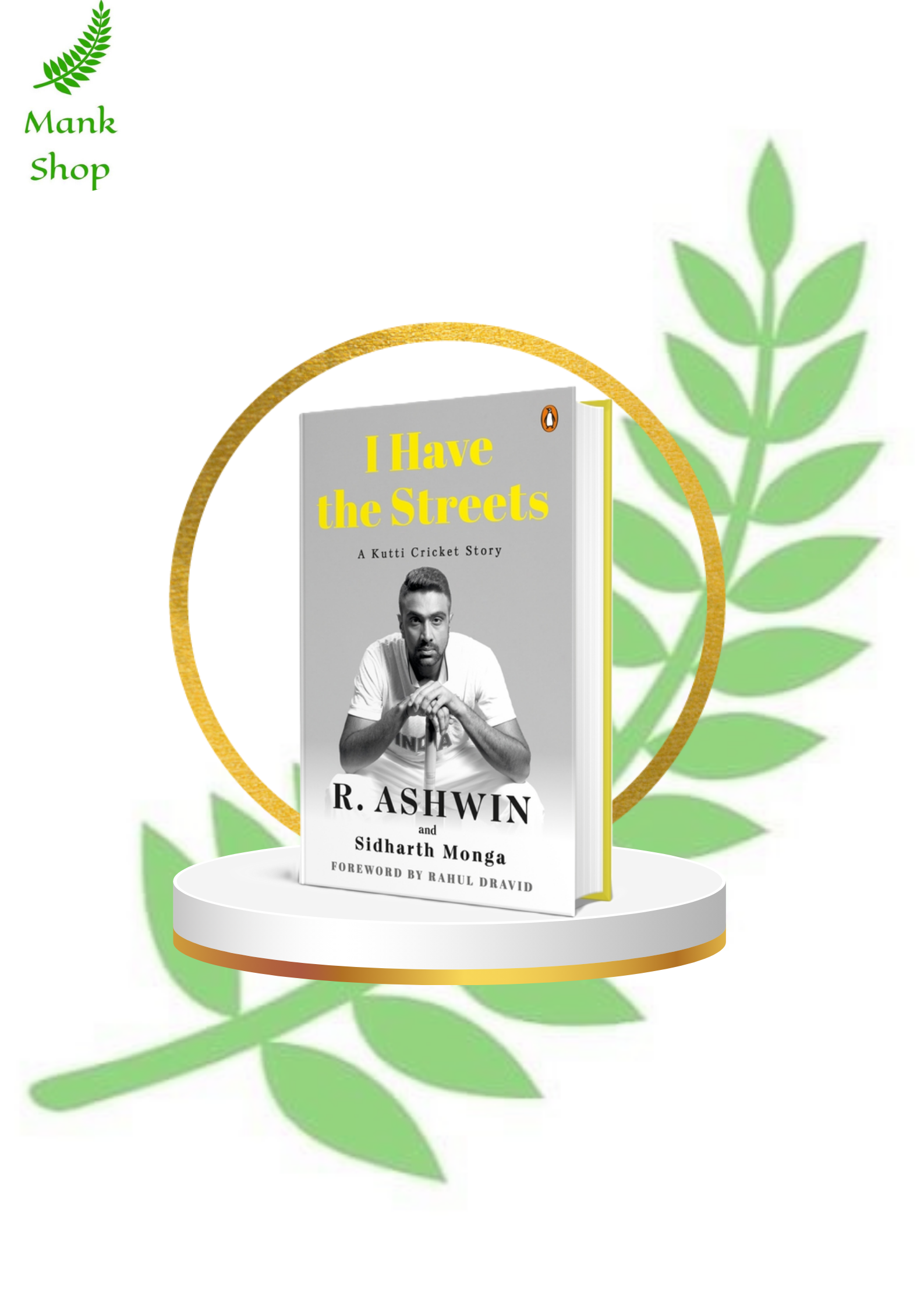
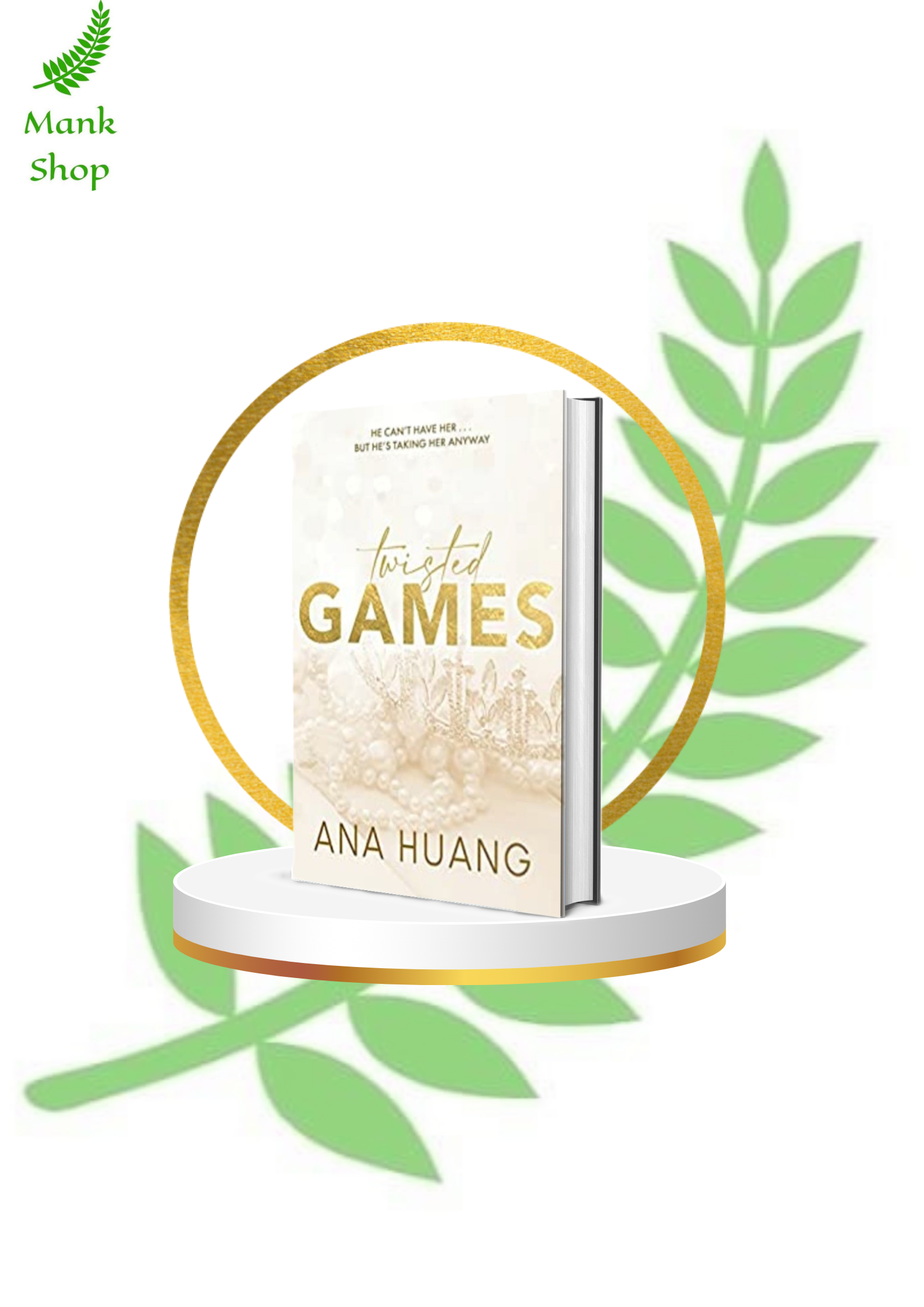
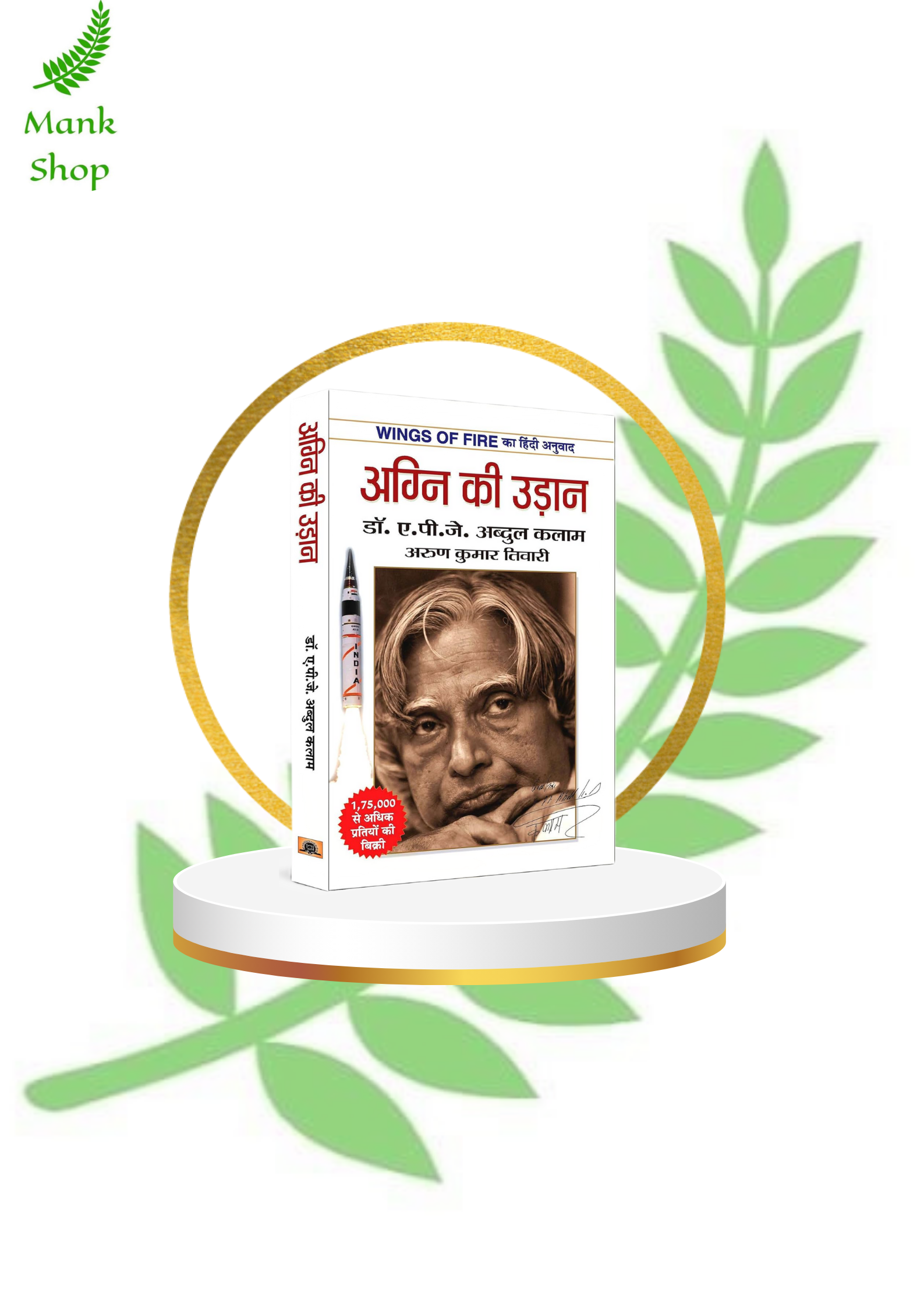
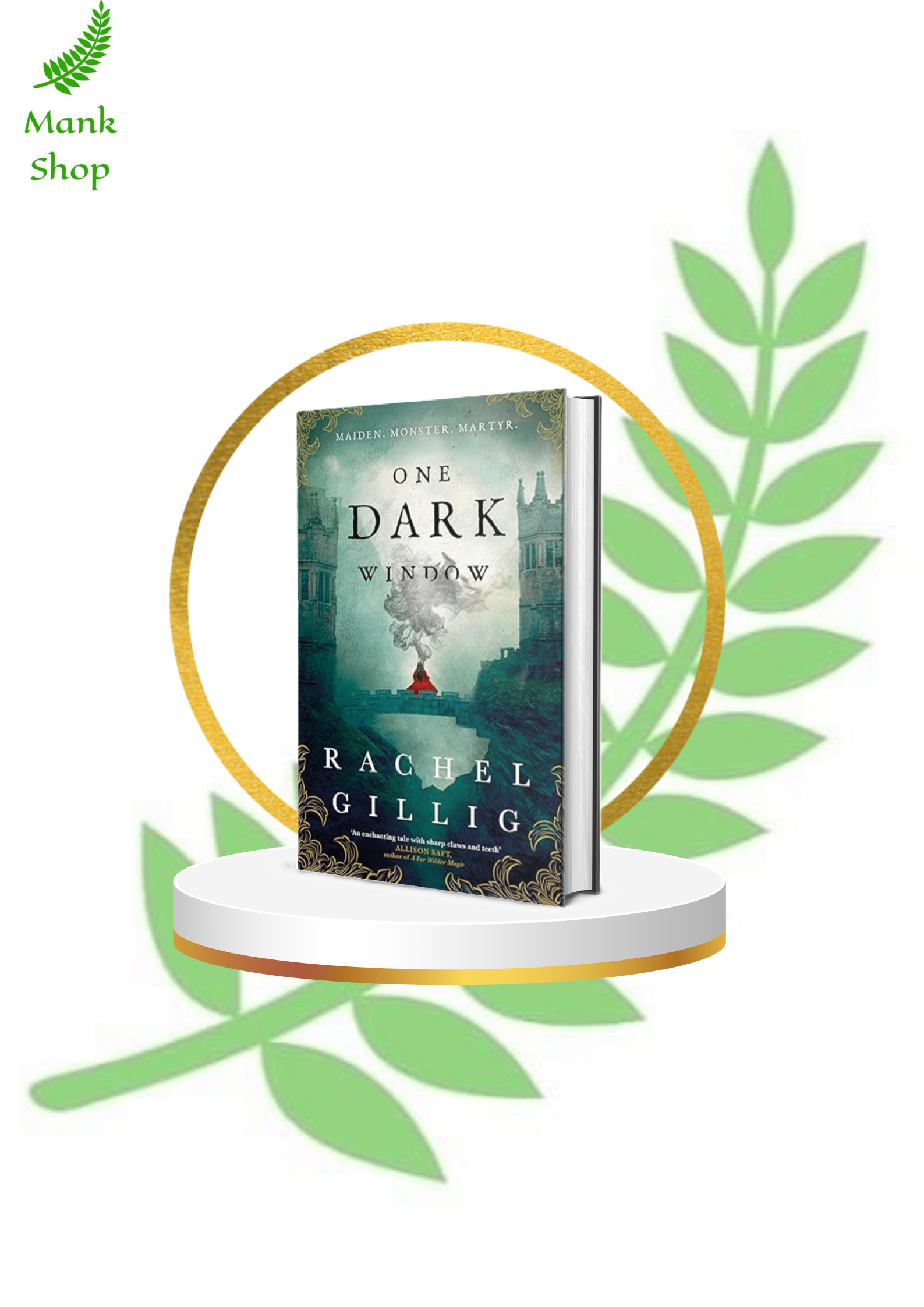


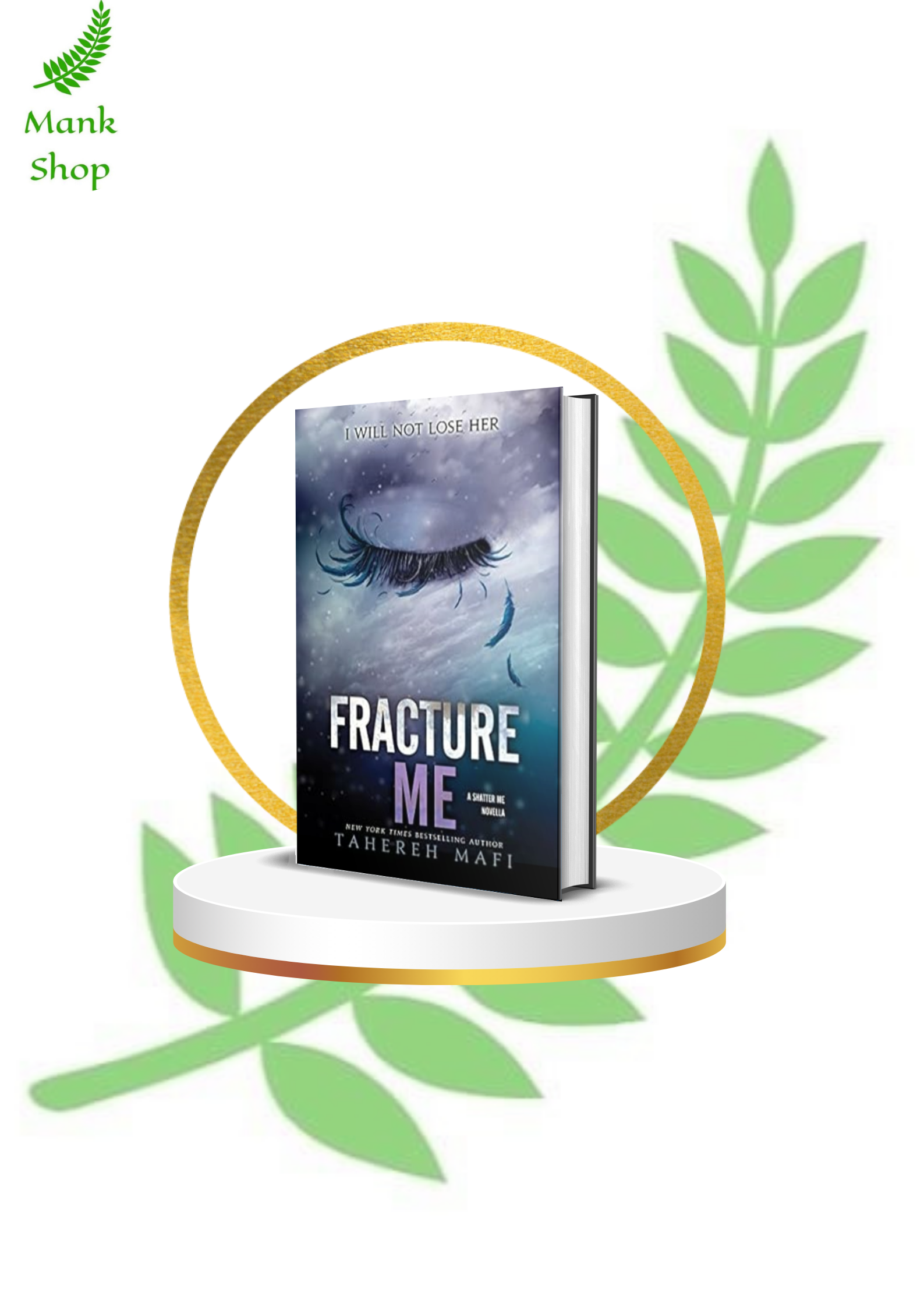
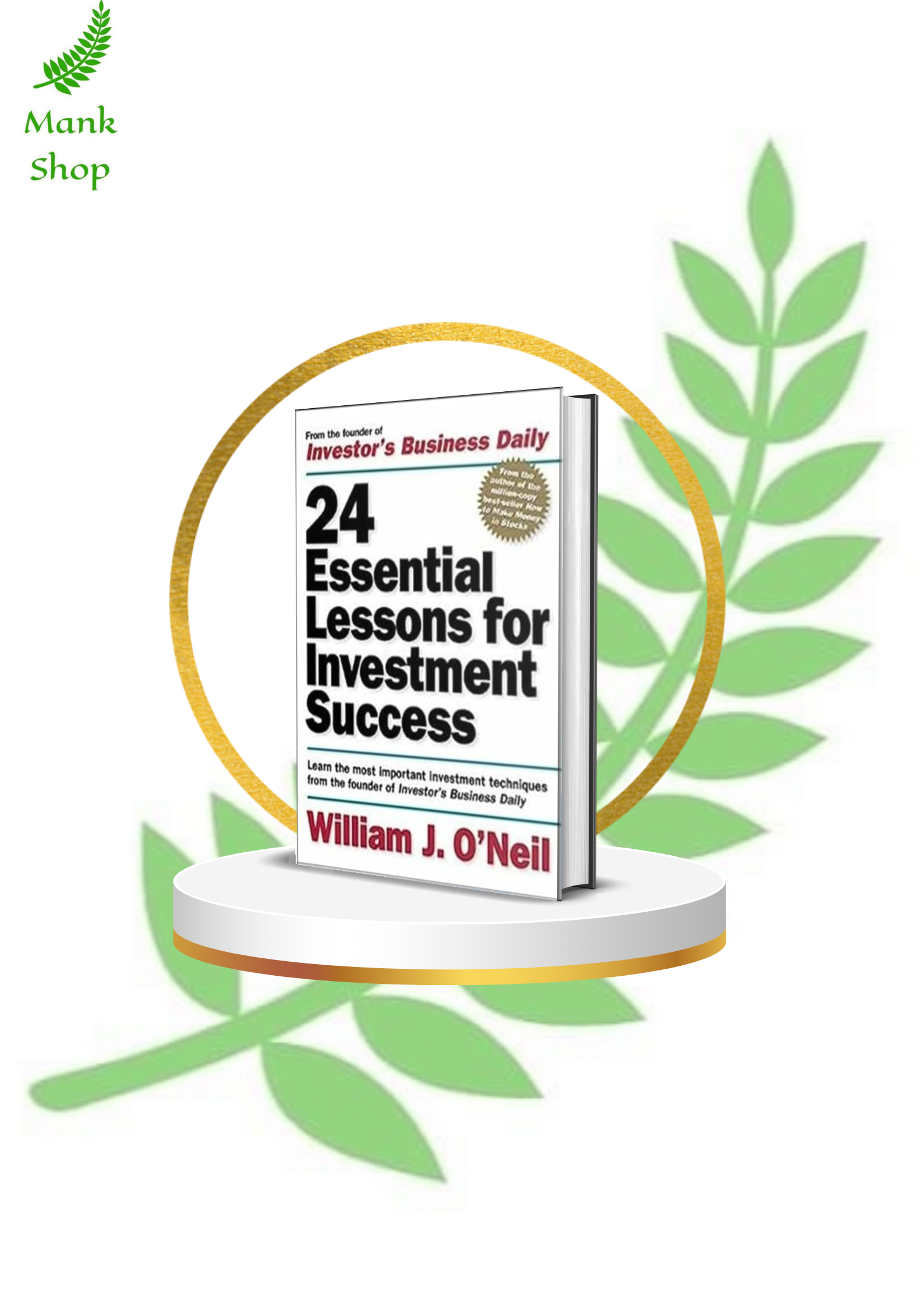

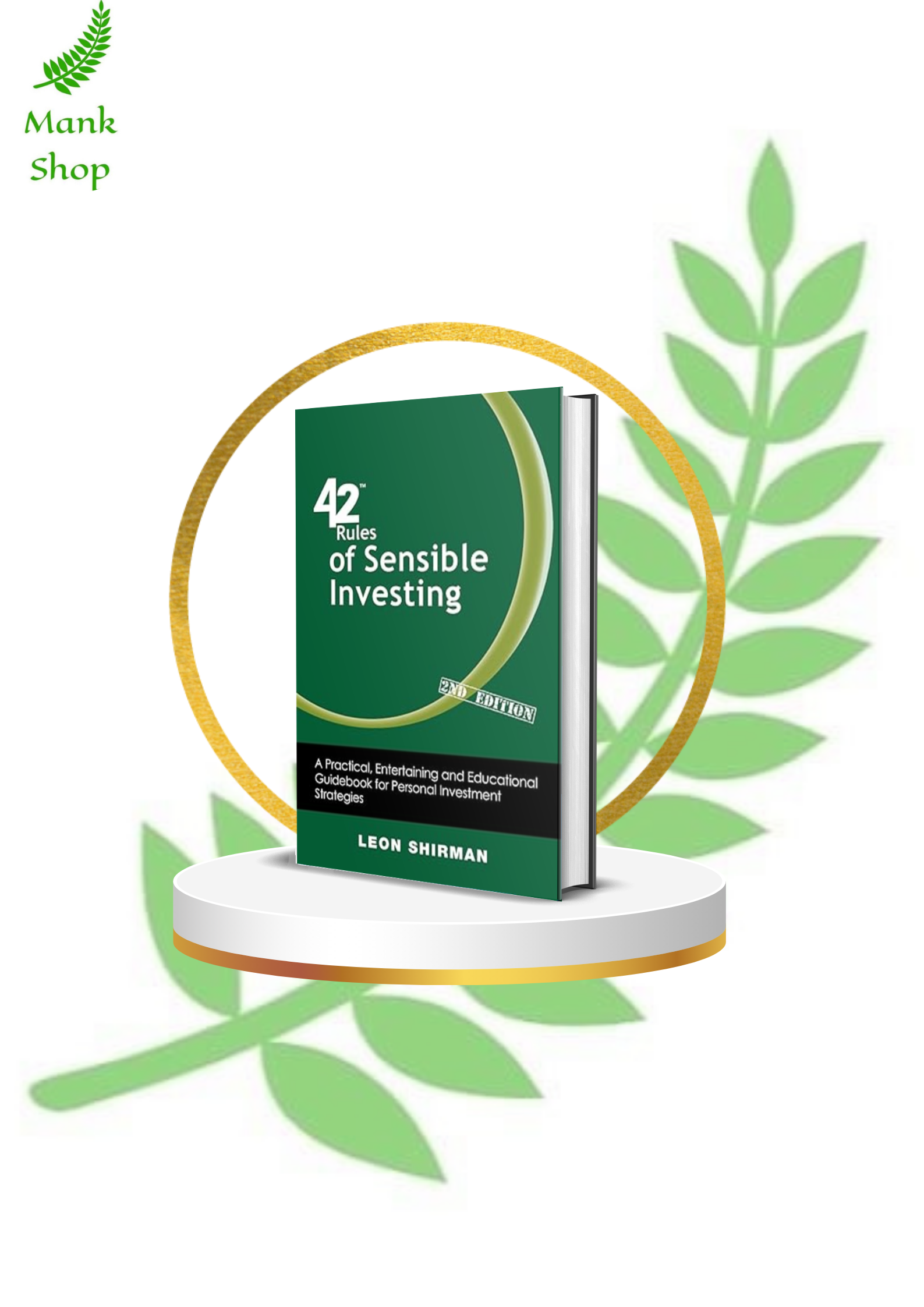
Leave a Reply